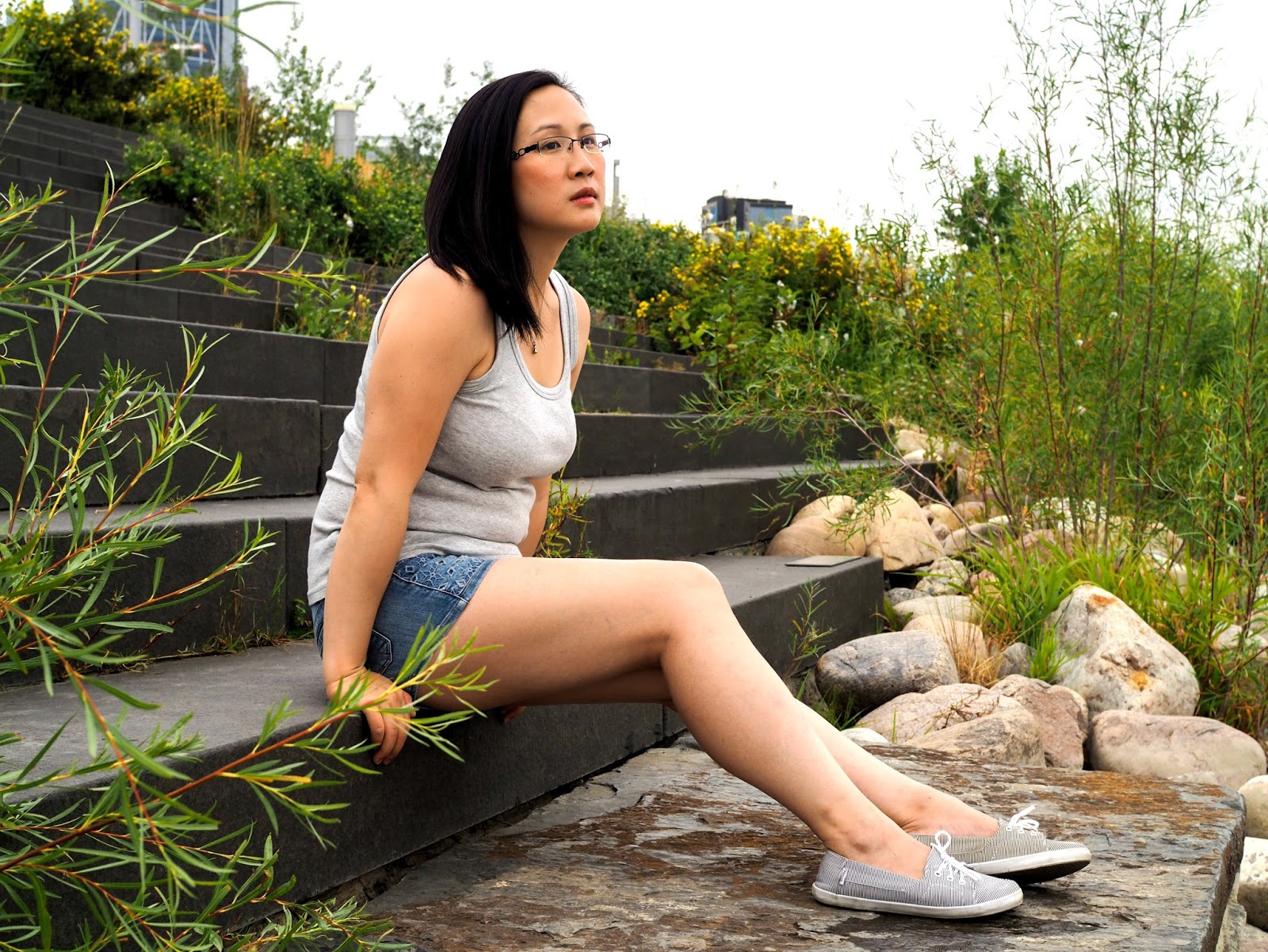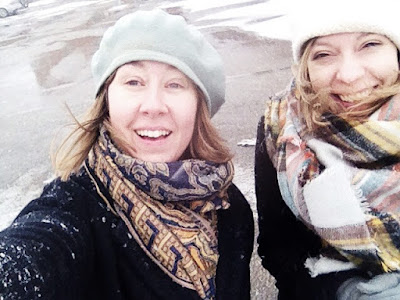Made In..
I'm often asked why I'm such a big supporter of Canadian-made over other ethical brands, and the answer is actually not what most people expect: when something is made in Canada it's a lot easier to trace how it's made because I can personally verify it. Given that there are still sweatshops even in the UK and the confusing methods of labeling "Made in America", "Made in Italy", and yes, "Made in Canada", being able to talk directly to the designers and/or visit their workshops and factories is tremendously helpful. Once a label is outside of Canada the travel costs alone prohibit being able to personally visit them, so I have to figure out which brands are more likely to actually be as ethically produced as they say they are.
Thankfully the internet is full of resources - just search for ethical clothing in Google and you'll literally have millions of hits - and most companies have websites and online stores as well. If I'm considering buying from a designer I can't personally meet, I usually follow this simple checklist:
- Check the brand's website. When a company has a major focus on supply-chain transparency, ethical and sustainable production, and/or environmental policies, that should be readily apparent online. Good examples are how much information is available from companies like Eileen Fisher, Everlane, & Patagonia.
- Ask Google about how the brand makes their apparel/footwear/accessories. As with anything you read on the internet, try to go with the most reliable and recent news sources.
- If you're still not sure, email the brand - their contact information should be available on their website. Some companies will not respond, and those that do don't always have much information to share. The Fashion Revolution website has a great letter template if you're not sure what to write.
What tips and tricks do you have when you're searching for ethical fashion?
Top: Lacausa / Shorts: Miss Sixty (old) / Shoes: Vans (old)
Photos: Nicole Wee



Comments
Post a Comment